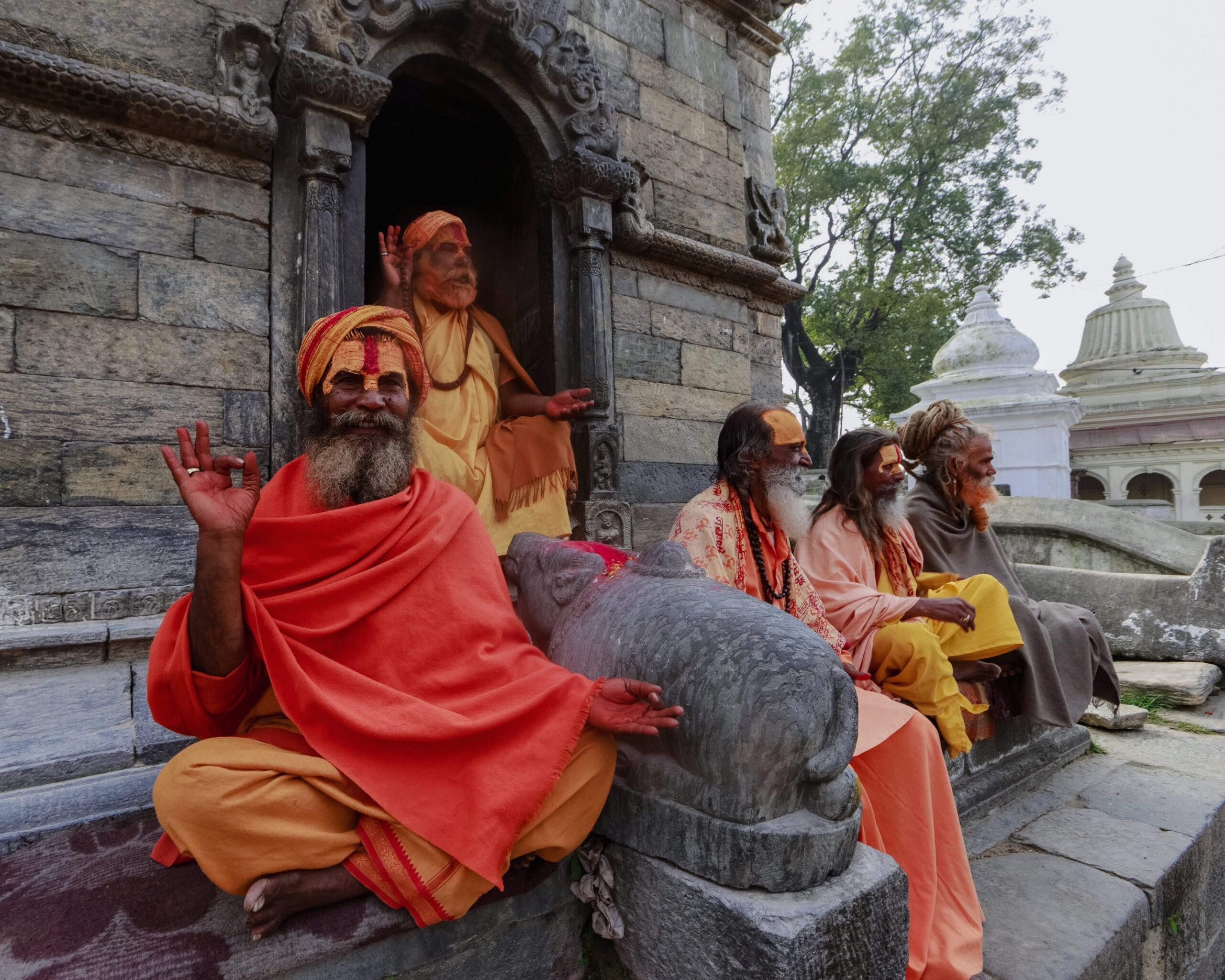“Dinacharya” is a concept in Ayurveda that refers to daily routine or daily regimen. It is based on the principle that aligning our activities with the natural rhythms of the day can promote health and well-being. Following a dinacharya helps balance the three doshas—Vata, Pitta, and Kapha—which are fundamental principles in Ayurveda representing different combinations of the five elements (earth, water, fire, air, and ether) present in the body.
Here are some key aspects of dinacharya as mentioned in Ayurveda:
- Waking up early (Brahma muhurta): Ayurveda recommends waking up during the Brahma muhurta, which is the early morning period before sunrise. This is considered a spiritually charged and peaceful time.
- Oral hygiene: Cleaning the teeth and tongue is emphasized, usually with herbal tooth powders or twigs. This helps maintain oral health and removes toxins.
- Scraping the tongue (Jihwa Prakshalana): This is done to remove toxins (ama) that accumulate on the tongue overnight.
- Oil pulling (Gandusha and Kavala): Swishing oil in the mouth for a specific duration is believed to improve oral health and detoxify the body.
- Nasal cleansing (Nasya): Instilling herbal oils or ghee into the nostrils helps cleanse the nasal passages and promotes respiratory health.
- Bathing: A daily bath is recommended for personal hygiene and to refresh the mind and body. The use of herbal soaps or powders is encouraged.
- Exercise (Vyayama): Engaging in regular physical activity helps improve circulation, digestion, and overall health. Ayurveda recommends exercise that is suitable for your constitution.
- Meditation and Pranayama: Taking time for meditation and pranayama (breathing exercises) helps balance the mind and promote mental clarity and focus.
- Meal times: Eating regular, balanced meals at consistent times is important. Ayurveda suggests the largest meal of the day should be consumed around noon when digestion is strongest.
- Work and rest balance: It is recommended to have a balance between work and rest. Taking short breaks throughout the day and getting adequate sleep at night are crucial for overall well-being.
- Bedtime routine: Going to bed early and following a calming routine before sleep is considered important for quality rest. This includes avoiding stimulating activities before bedtime.
These practices may vary based on an individual’s dosha constitution and specific health needs. Consulting with an Ayurvedic practitioner can help tailor dinacharya recommendations to individual requirements. Overall, dinacharya serves as a holistic approach to maintaining health by aligning daily activities with natural rhythms and promoting harmony within the body and mind.





